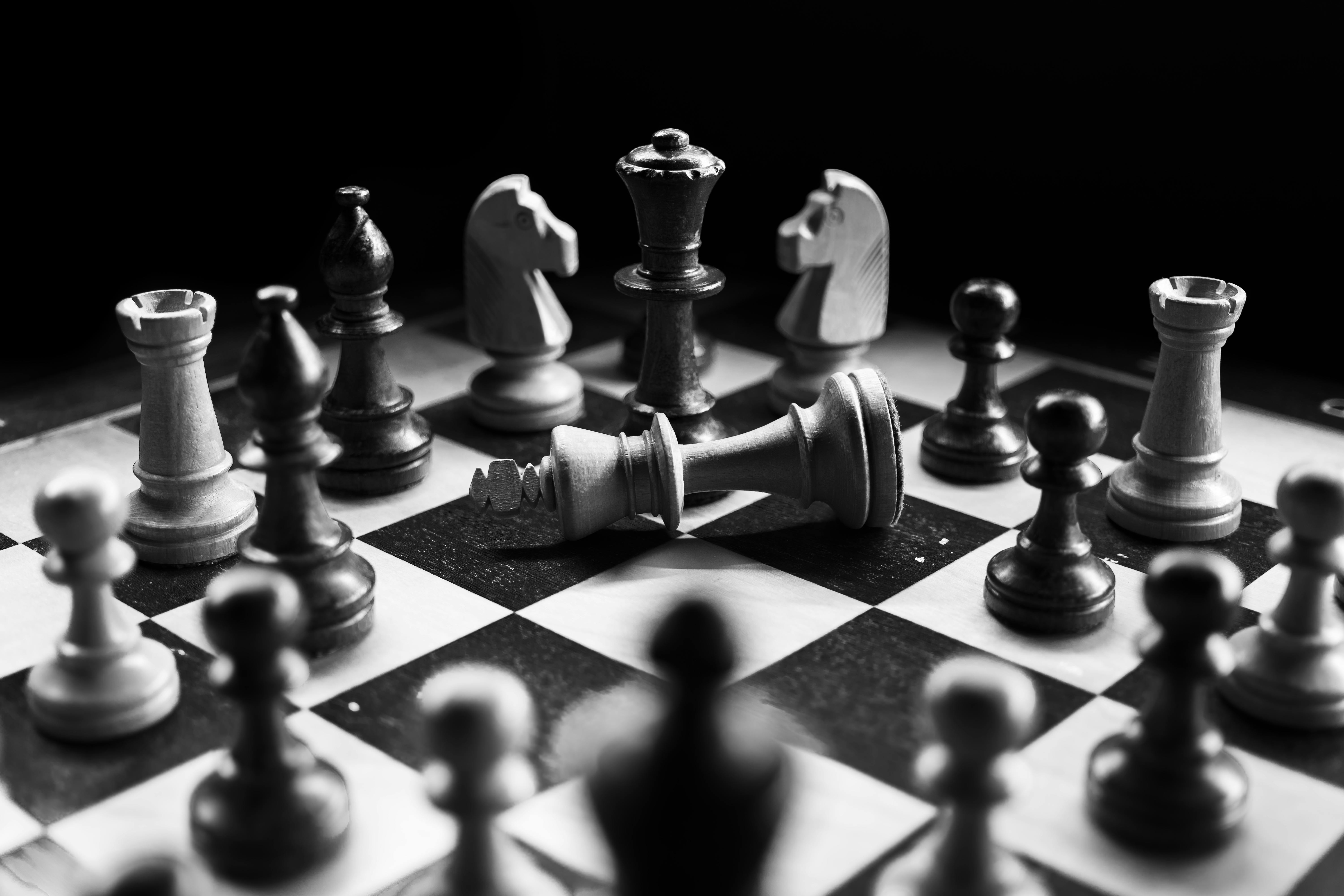Calculated Risks: The Strategic World of Chess Boxing
Introduction A fusion of brain and brawn, chess boxing is a contemporary sport that demands both physical and mental strength. This unusual combination of traditional boxing and the game of chess offers a unique perspective on the interplay between strategy and physical prowess in the sports arena.

A Game of Two Halves: The Origins of Chess Boxing
In 2003, Dutch performance artist Iepe Rubingh took inspiration from the graphic novel ‘Froid Équateur’ to create a new sport that combined the strategic complexity of chess with the physical rigor of boxing. The first official chess boxing match was held in Amsterdam, marking the birth of a sport that would captivate audiences worldwide.
The Rules of Engagement: How Chess Boxing Works
In chess boxing, athletes alternate between rounds of chess and boxing, starting with a four-minute round of chess. The match concludes either when an opponent is checkmated, knocked out, or the time for the chess game runs out. This unique format demands not only physical fitness and boxing skills but also strategic thinking and a solid understanding of chess.
Perfecting the Punch and the Pawn: Training for Chess Boxing
Training for chess boxing involves a rigorous combination of physical and mental exercises. Athletes must hone their boxing skills, build physical stamina and strength, and simultaneously develop their chess strategies. It is a sport that challenges the traditional boundaries between physical and cerebral pursuits.
Checkmate and Knockout: The Appeal of Chess Boxing
Chess boxing’s appeal lies in its unique combination of physical and mental challenges. The sport has gained a loyal following, with multiple international championships held annually. Its novelty and the distinctive skills it demands have also attracted interest from researchers studying the interplay between physical exertion and cognitive performance.
The Future Moves: Prospects and Challenges for Chess Boxing
While chess boxing has gained momentum, its unconventional nature poses challenges. The sport needs to overcome preconceptions about the separation of physical and mental pursuits in traditional sports. However, as our understanding of the links between physical and cognitive performance grows, the future of chess boxing looks promising.
Final Notes
Chess boxing symbolizes the evolving nature of sports, where traditional boundaries are increasingly blurred. The sport’s unique blend of physical and mental challenges offers a fresh perspective on athletic performance and strategy, providing fascinating insights for both athletes and sports enthusiasts.




